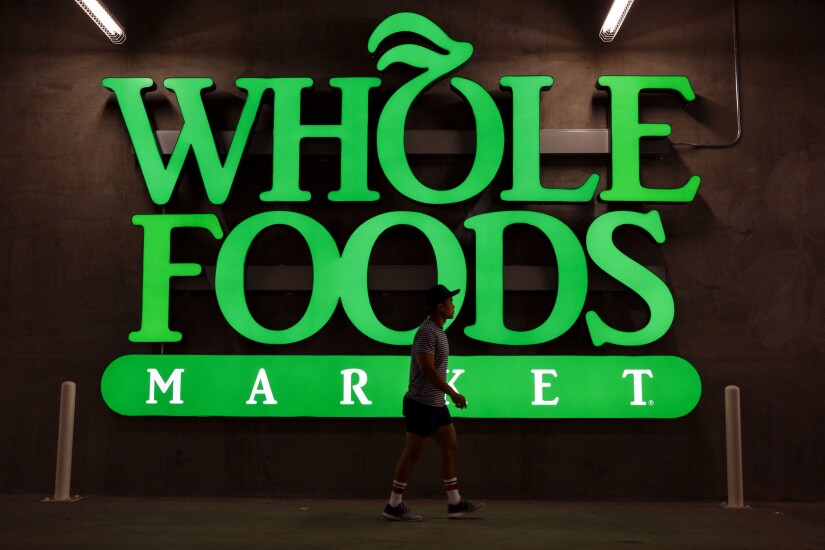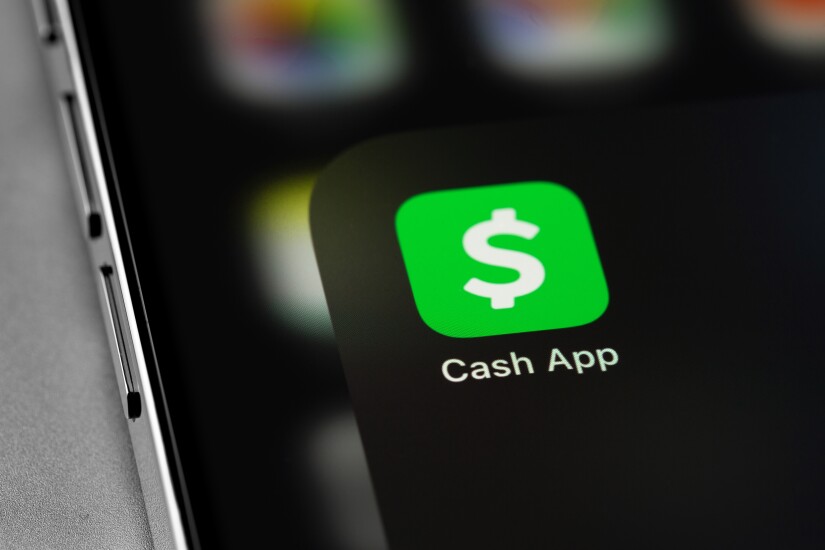Amazon expands "palm payment" at Whole Foods, Toast reverses 99-cent restaurant-order fee, Plaid expands open-banking reach and more in the weekly banking news roundup.

Toast reverses plan for 99-cent restaurant-order fee

Amazon expands 'palm payment' at Whole Foods

Apple preps for wide rollout of recurring Apple Cash transactions this fall

Plaid expands open-banking reach






